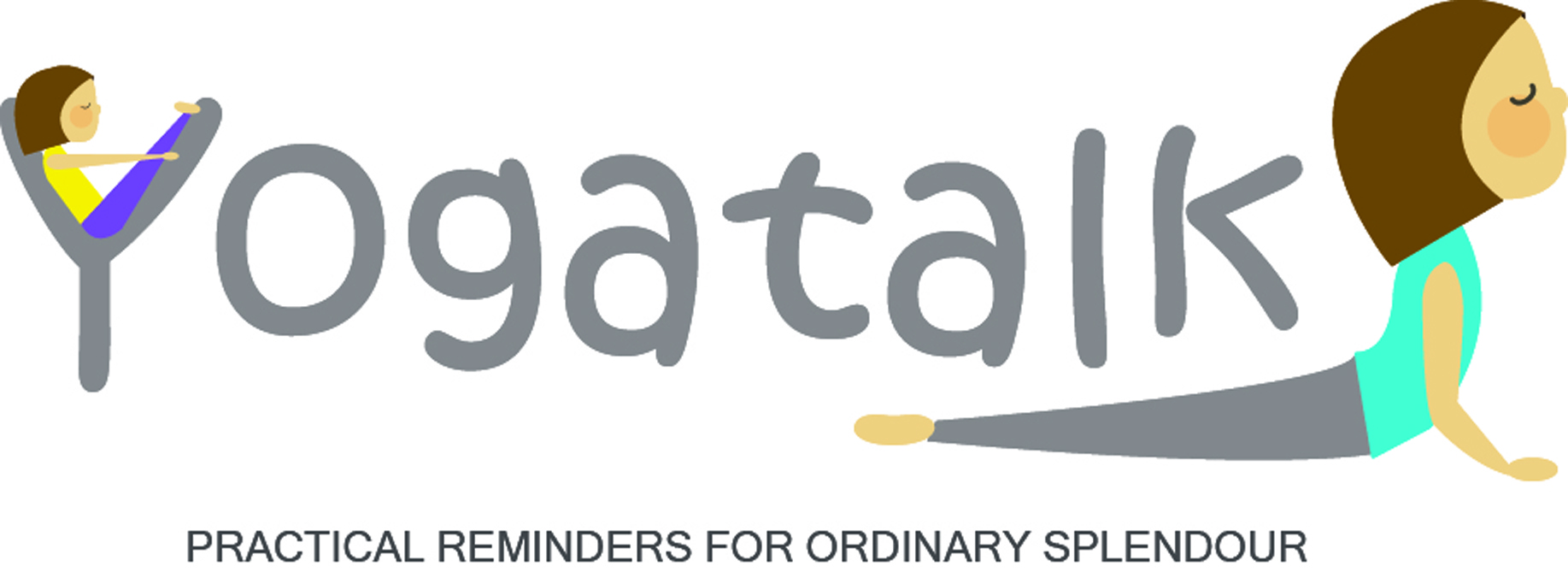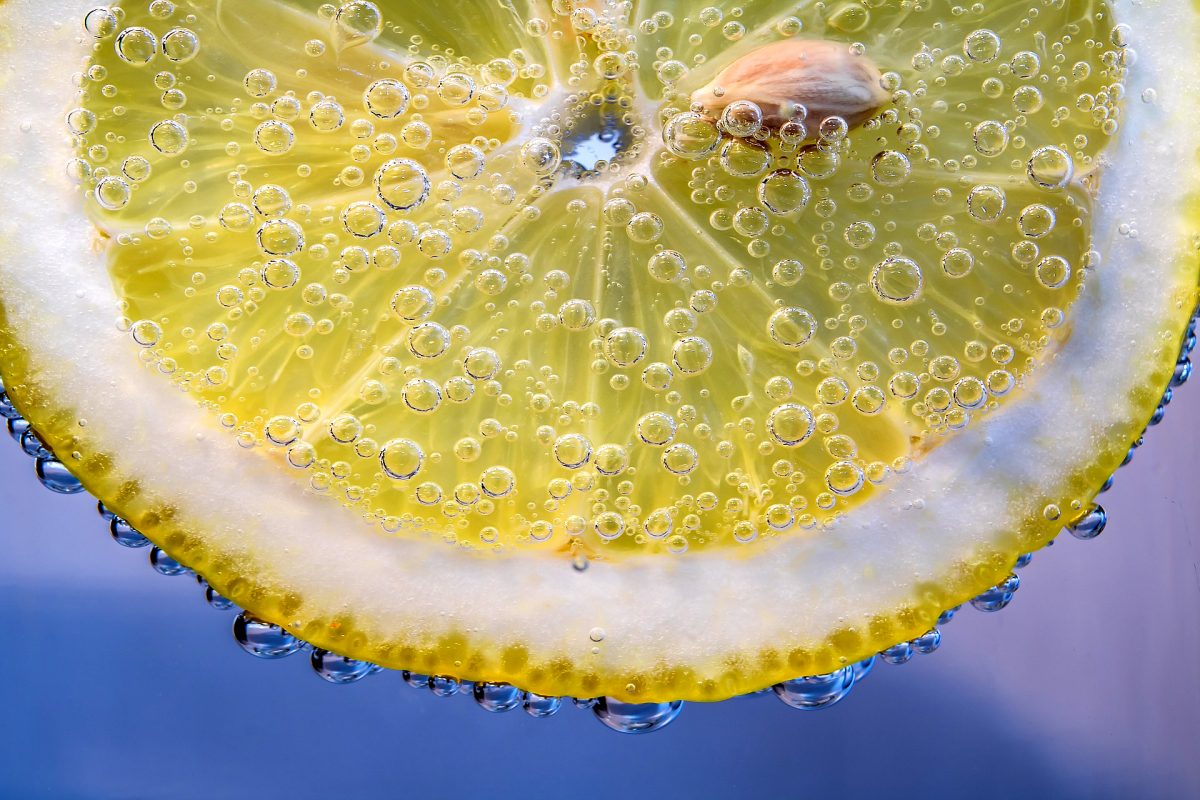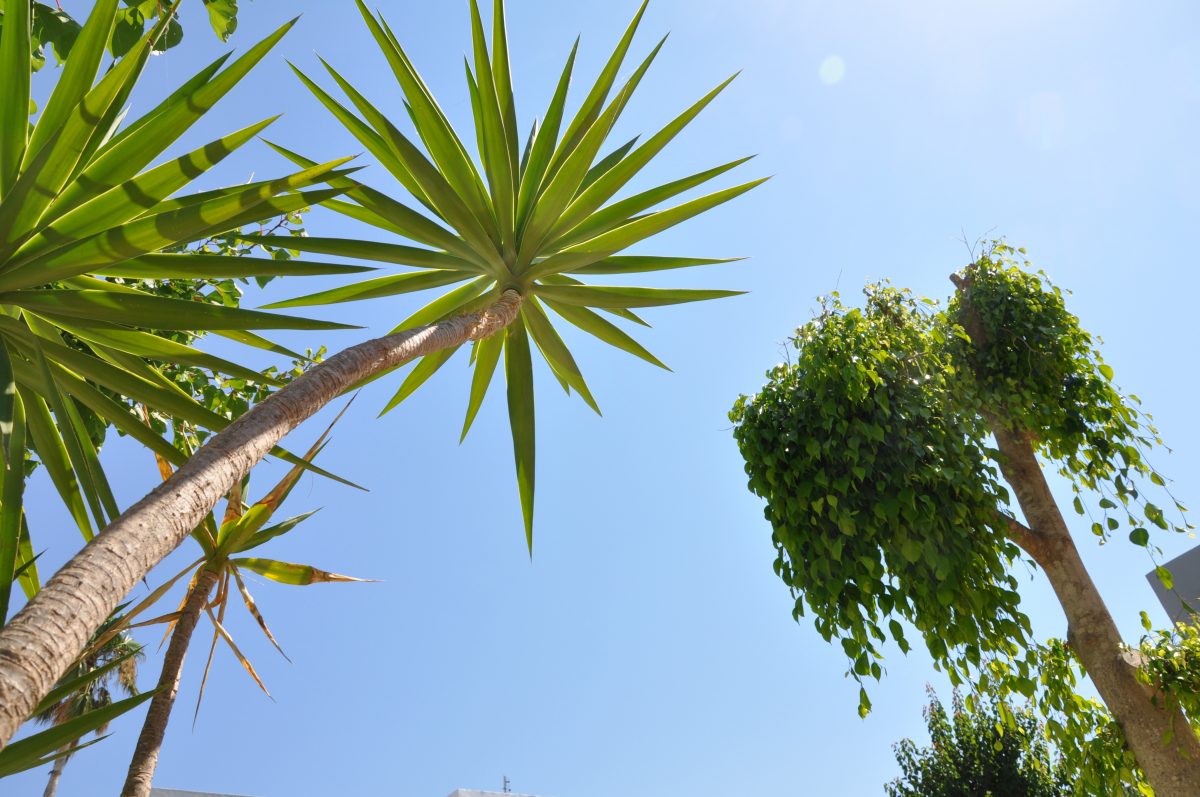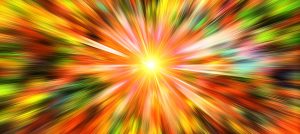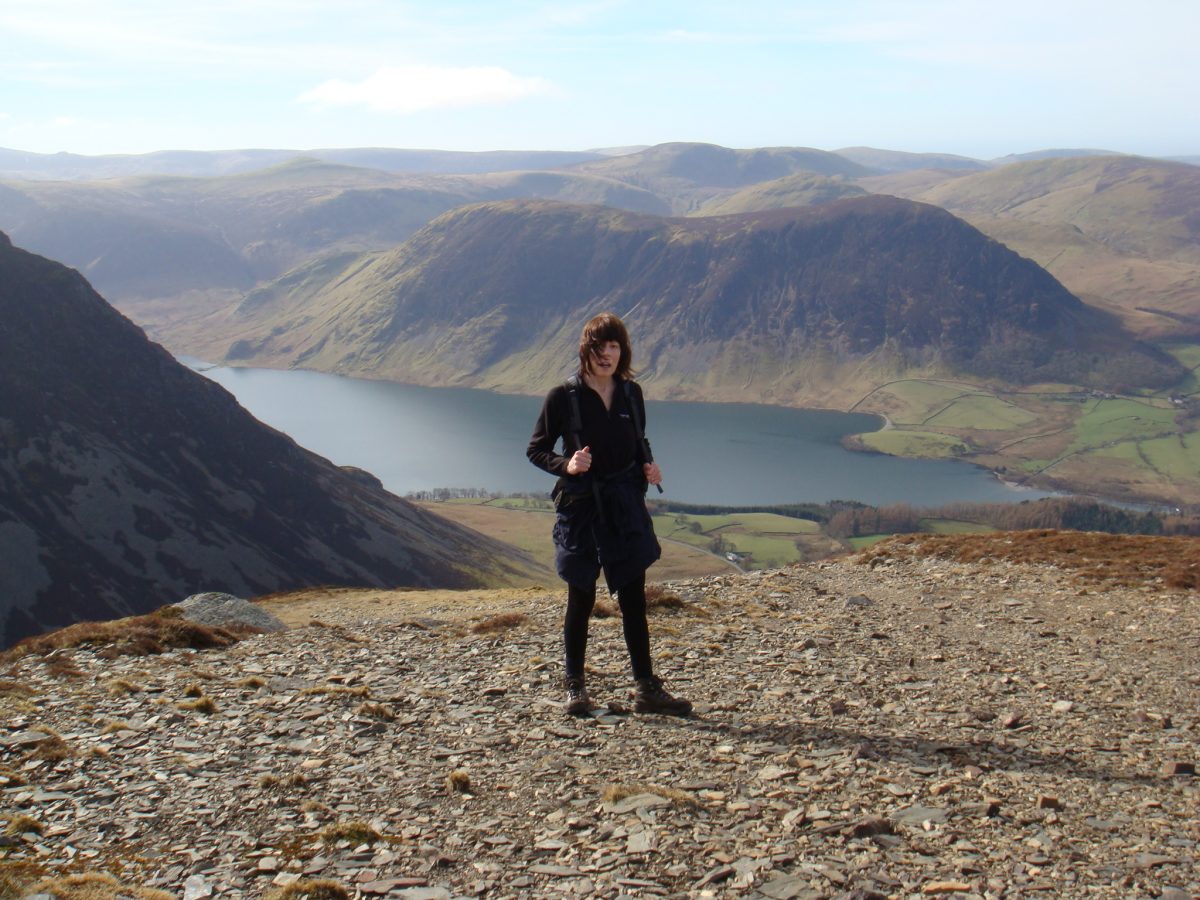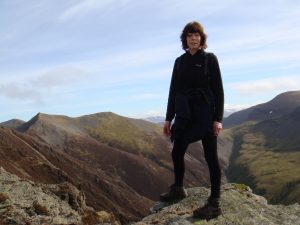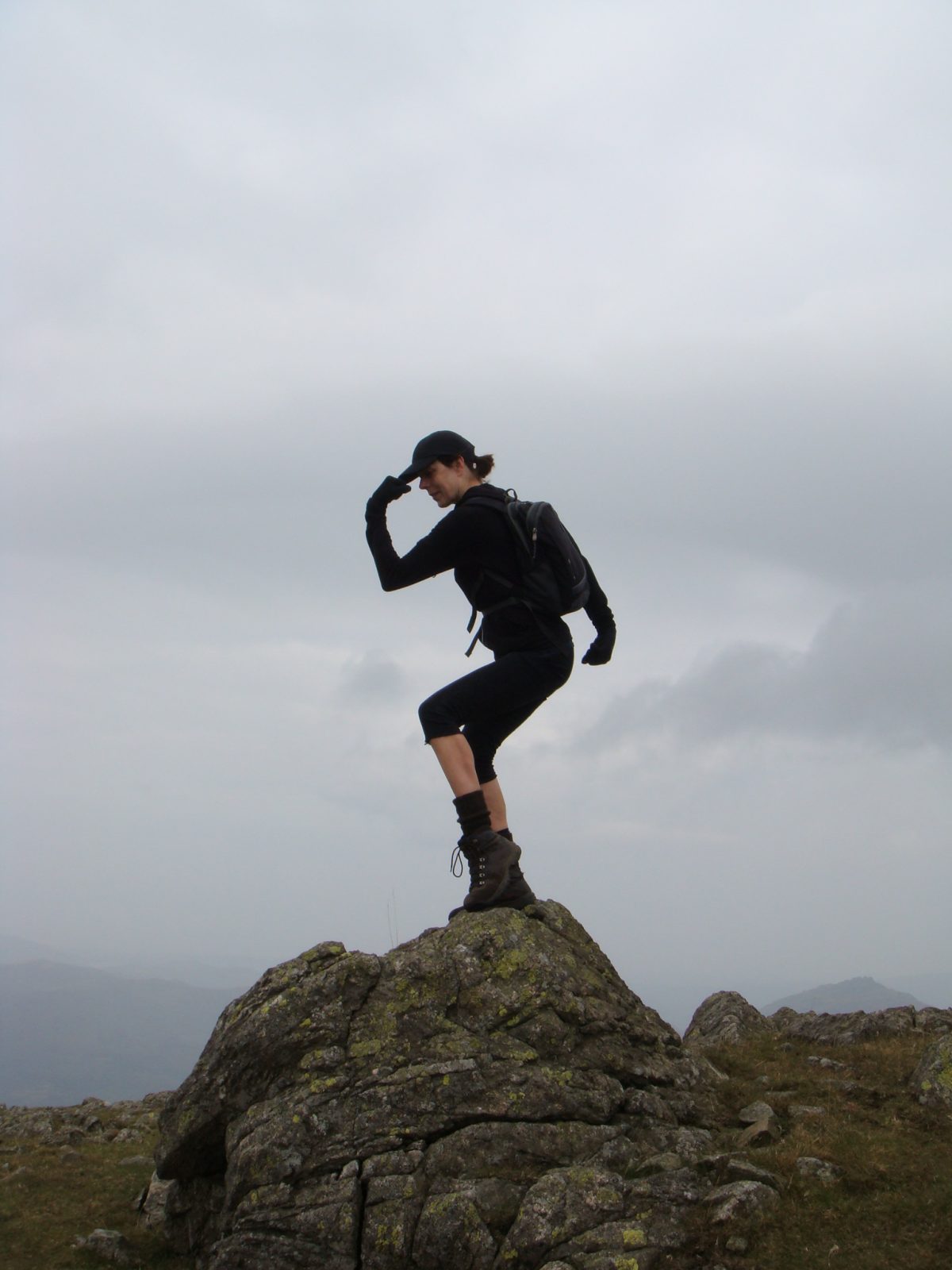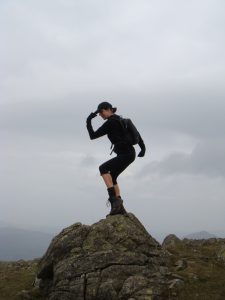 Too many humans, all needing food, in a volatile, ever-changing world, which they don’t look after…?
Too many humans, all needing food, in a volatile, ever-changing world, which they don’t look after…?
Not really a good recipe for peaceful eating!
When such creatures, full of desire and emotion brew alcohol…
Well it doesn’t seem to make for moderate drinking either!
Food and drink can be such a pleasure, but going by the present state of the nation which I love …
It seems our consumption is doing more harm than good.
Enough said. Rant over. This website is not about preaching, and likes to focus on the fun and the positive.
So here are some light-hearted reminders of things we can do which make for happy eating, pleasant drinking and good digestion.
As usual it’s about making a practice out of everyday behaviour. It’s a way of replacing bad habits with good ones using awareness and repetition.
We may not always remember, so it’s best to be more amused than self-critical when we don’t always manage it. The way I think about such things is: I’ll give it a yoga-turn:
STOP TO EAT
Practice not doing anything else while you eat, especially if that’s not the norm.
Turn off the TV. Put down devices. Let any music be quiet and unobtrusive. Let yourself sit peacefully with no distractions.
SIT TO EAT
Be upright and imagine your head floating upwards. Notice any slumping (as if trying to get closer to the food!)
If on a chair, try not leaning on the back of it (especially if it’s shaped like a bucket!) Try not to cross your legs, but have both feet on the floor and if the chair’s too high, put something under the feet.
DON’T RUSH
If you’re a habitual fast eater or drinker this one can be a real challenge… you’ll probably keep forgetting!
Chew the food completely. Put cutlery down between mouthfuls.
TASTE IT
Let the food or drink move around in the mouth before swallowing. If it tastes good, savour it.
A FAVOURABLE SETTING
Try to eat and drink in pleasant and friendly places, and if not alone then in congenial company.
THANKFULNESS
Pause in gratitude before eating and drinking. Thank the cook or provider if possible. Show appreciation.
MOOD
Try to avoid eating and drinking when upset or angry: it can influence our choices and hamper digestion. Notice thoughts as you eat and cultivate pleasant ones.
SNACKING
It’s easy to deceive ourselves about what we consume, and the quantity. “All I’ve had is a cracker…” Yes, but what about the half-inch slice of cheese on it and half a jar of pickle!
Whether through greed or need, some people eat too much, some too little.
If you’re lucky enough to have plenty of food, then it’s just a case of noticing what and when you eat between meals, or during preparation.
TABLE MANNERS
Notice the way you eat, especially when alone. Are you a lazy or messy eater? Eat mindfully, as if in company.
CHOICE
Obviously, some people’s diet is restricted through medical issues.
If we are fortunate enough to select what we consume, then remember to appreciate this freedom.
Why not pause to notice if what we’re about to swallow will nourish or harm us?
There’s always a moral and ethical aspect to food and drink. It’s worth considering what the environmental, human and animal costs are, and how much we value that.
It’s wonderful to be able to enjoy our food and drink. And what fun to be able to treat ourselves and be a bit naughty when it causes no harm!
A personal afterword about my own relations with alcohol:
So far (touch wood!) I’ve managed to avoid the devastation of long-term addiction… because in this area I know I could easily have had problems.
I’m obviously a huge fan of yoga, and it’s for a very good reason. Without wishing to sound dramatic, I do feel that yoga continually saves me.
At some point I realised that yoga’s benign and practical influence was percolating into all aspects of my everyday life, helping me manage myself better, leading to wiser choices. I really do feel that it saves me from a more impetuous self. KX
